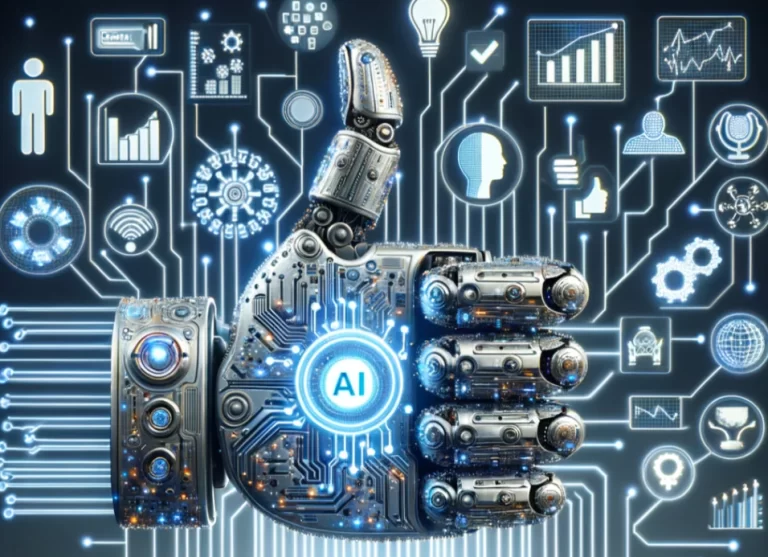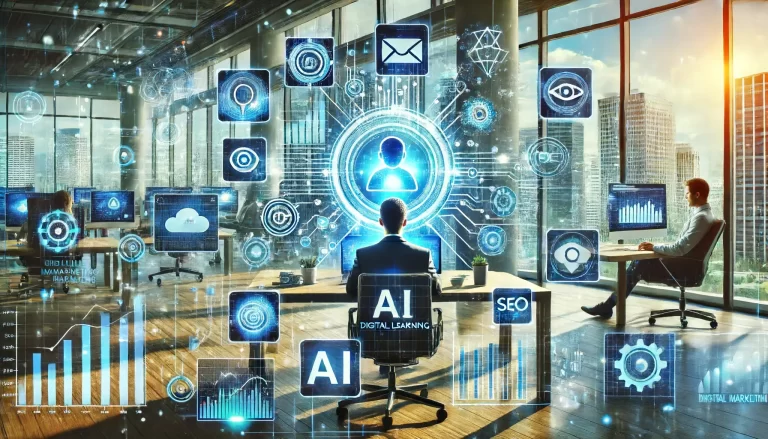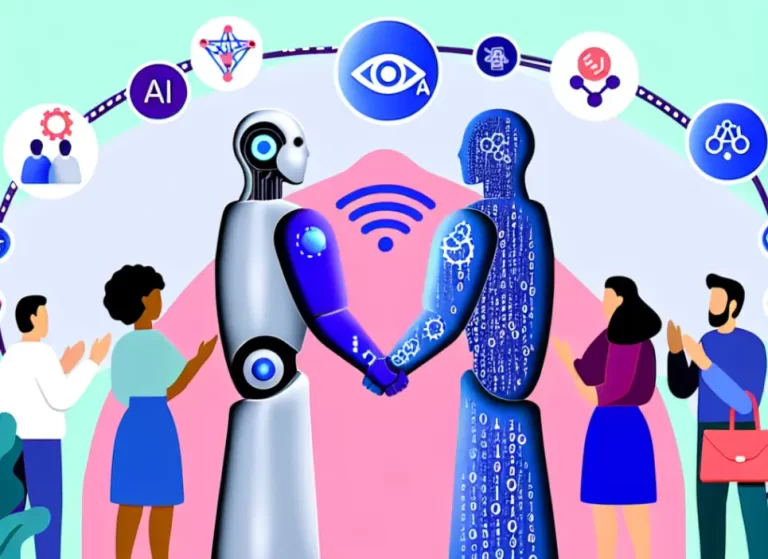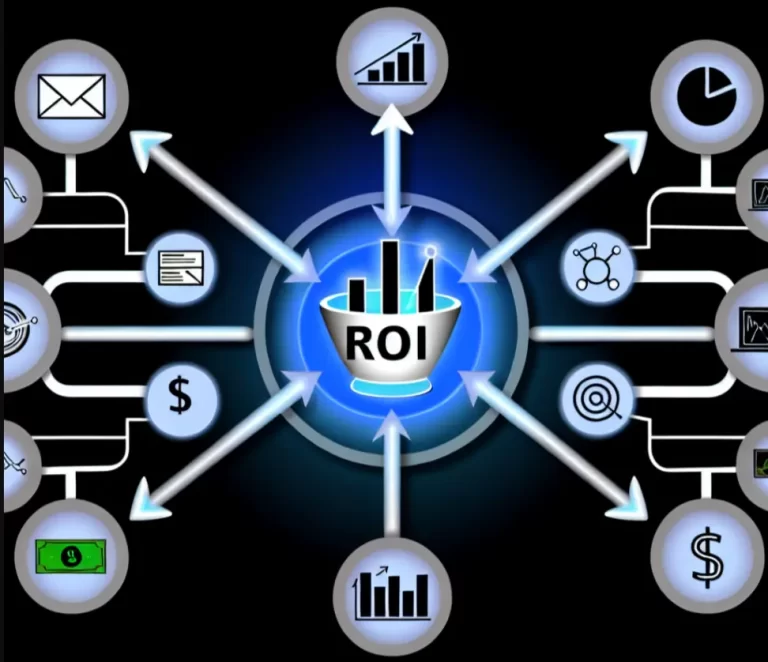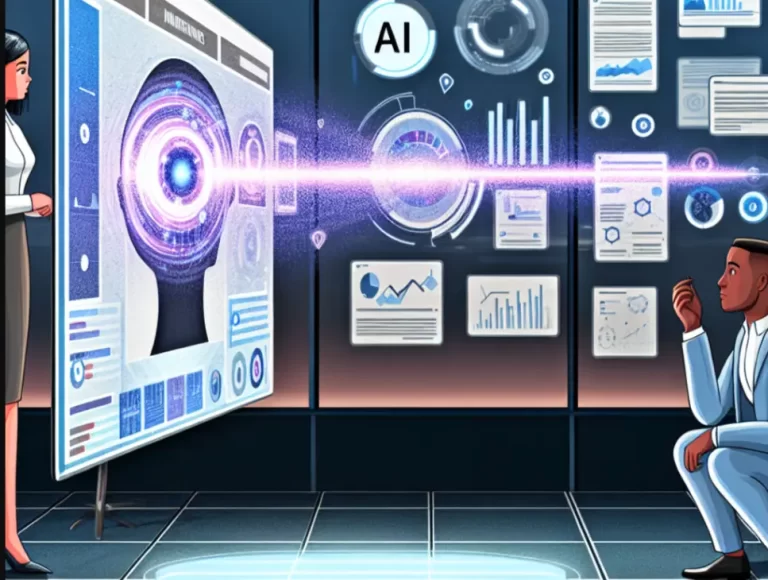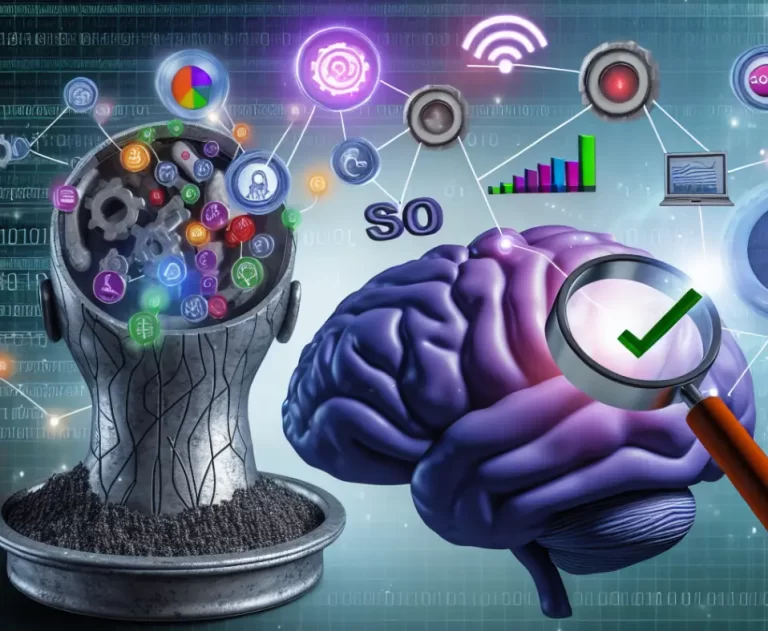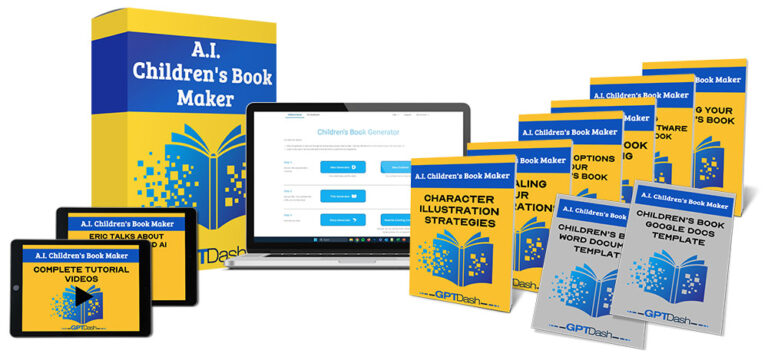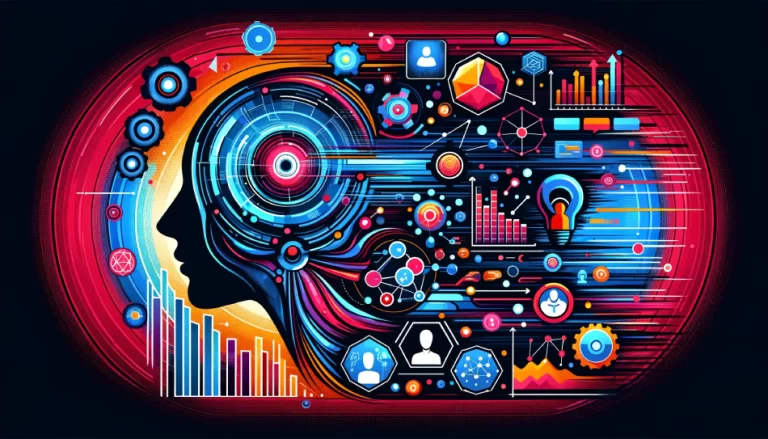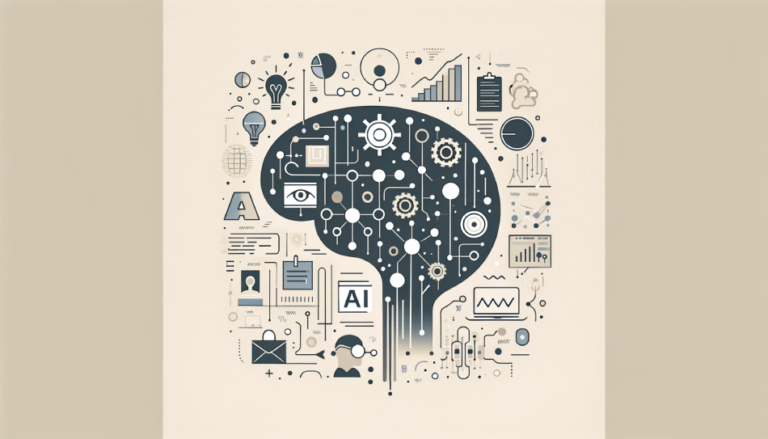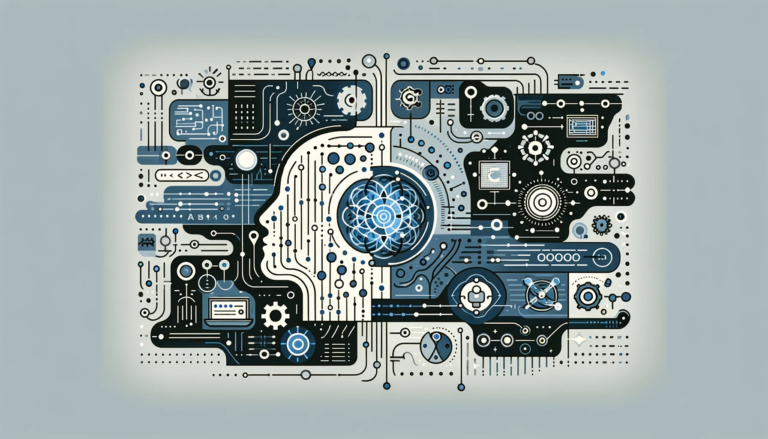Streamlining Business Operations with AI Automation
Artificial Intelligence (AI) has become a buzzword in today’s business landscape, and for good reason. We’re no longer talking about a distant, sci-fi future where robots rule the world; AI is here, now, transforming the way organizations operate on a daily basis. Curious about how AI can redefine your business operations? Let’s dive right in!
Why AI Automation is a Game-Changer
Imagine having a tireless assistant who can work around the clock without breaks, analyze vast amounts of data in seconds, and perform repetitive tasks with pinpoint accuracy. That’s precisely what AI automation brings to the table. Instead of having your talented team bogged down by mundane tasks, you can leverage AI to handle these chores, allowing your human resources to focus on more strategic and creative endeavors.
Understanding AI Automation
At its core, AI automation involves employing intelligent algorithms and machine learning models to carry out tasks that would typically require human intervention. Think of it as supercharging your business processes with the ability to learn, adapt, and improve over time. From customer service chatbots to intricate data analysis, AI’s potential applications are vast and varied.
Starting Small: The Entry Points
If you’re new to the world of AI, it might seem overwhelming. However, the key is to start small. Begin by identifying areas in your business operations where automation can make an immediate impact. Customer service, data entry, and email marketing are all excellent starting points. By automating these tasks, you’ll free up time and resources, which can be redirected towards scaling your business.
Breaking Down the Buzzwords
- Machine Learning: A subset of AI that involves training algorithms on data to make predictions or decisions without explicit programming.
- Natural Language Processing (NLP): This technology enables machines to understand and respond to human language, making it invaluable for chatbots and customer service applications.
- Robotic Process Automation (RPA): The use of software robots to automate highly repetitive and rule-based tasks typically performed by humans.
The Human Touch
One common concern is that AI will replace human jobs. While it’s true that AI can perform many tasks more efficiently, there’s still a critical need for human oversight, creativity, and emotional intelligence. The goal is not to replace humans but to augment their capabilities. Think of AI as a powerful tool in your toolkit, one that can handle the heavy lifting while you focus on innovation and strategy.
Ready to Embark on Your AI Journey?
So, you’re intrigued and ready to explore what AI automation can do for your business. Fantastic! The first step is to educate yourself and your team. Attend webinars, read up on the latest trends, and perhaps even consult with experts in the field. The more you understand about AI, the better positioned you’ll be to make informed decisions.
In conclusion, AI automation isn’t just a trend; it’s a transformative force that can revolutionize your business operations. By starting small, understanding the key technologies, and maintaining a balance between human and machine, you can harness the power of AI to propel your business into the future. Exciting times are ahead – are you ready to take the leap?
Key Benefits of Implementing AI Automation
Imagine a world where repetitive tasks are handled effortlessly, and your team can focus on what they do best: being creative, strategic, and innovative. That’s the magic of AI automation in business operations. Let’s dive into the key benefits that make AI automation a game-changer.
1. **Enhanced Efficiency and Productivity**
One of the most significant advantages of AI automation is the boost in efficiency and productivity. AI-powered tools can process vast amounts of data at lightning speed, eliminating time-consuming manual tasks. By automating routine operations, businesses can significantly reduce the time it takes to complete tasks, thereby increasing overall productivity.
2. **Cost Savings**
Implementing AI automation can lead to substantial cost savings. How, you ask? By reducing human error and minimizing labor costs. For instance, automated systems can handle customer inquiries around the clock without the need for overtime pay or multiple shifts. Additionally, automation helps in identifying inefficiencies, allowing businesses to streamline their processes and cut unnecessary expenses.
3. **Improved Accuracy and Reduced Errors**
Human errors are inevitable, but with AI automation, precision is the name of the game. AI systems are designed to perform tasks with a high degree of accuracy, reducing the margin for error. This is particularly beneficial in sectors like finance or healthcare, where even the smallest mistake can have significant consequences. Automated processes ensure consistency and reliability, leading to better outcomes and enhanced trust.
4. **Scalability**
As businesses grow, so do their operational needs. AI automation provides scalability that manual processes simply can’t match. Whether you’re processing a hundred orders a day or a hundred thousand, AI systems can scale up effortlessly to accommodate the increased workload. This flexibility allows businesses to expand without the worry of operational bottlenecks.
5. **Data-Driven Insights**
In the digital age, data is king, and AI automation serves as the perfect right-hand man. Automated systems can analyze vast datasets to uncover patterns, trends, and insights that might be missed by human analysts. These data-driven insights can inform strategic decisions, helping businesses stay ahead of the curve and more effectively meet their customers’ needs.
6. **Enhanced Customer Experience**
Customer satisfaction is the cornerstone of any successful business. AI automation can significantly enhance the customer experience by providing quick, efficient, and personalized service. Chatbots and virtual assistants, for example, can handle inquiries in real-time, offering instant support. This not only improves the customer experience but also frees up human agents to tackle more complex issues, ensuring that customers feel valued and heard.
7. **Employee Satisfaction and Empowerment**
Contrary to the fear that AI automation might replace human jobs, it actually empowers employees by taking over mundane tasks. This allows team members to focus on more engaging and meaningful work. When employees are relieved from repetitive chores, they can contribute more creatively and strategically, leading to higher job satisfaction and overall morale.
8. **Competitive Advantage**
Lastly, businesses that embrace AI automation position themselves at the forefront of innovation. By adopting cutting-edge technologies, companies can stay ahead of competitors who are slower to adapt. This proactive approach not only attracts customers but also appeals to top talent who want to work with forward-thinking organizations.
In conclusion, the benefits of implementing AI automation in business operations are manifold. From enhanced efficiency and cost savings to improved accuracy and customer satisfaction, AI automation is revolutionizing how businesses operate. Embracing these advantages can lead to sustained growth, a more engaged workforce, and a competitive edge in today’s fast-paced market.
Identifying Business Processes Suitable for AI Automation
Are you considering integrating AI automation into your business but unsure where to start? You’re not alone. Identifying the right processes for AI automation can be a game-changer. Let’s break down how to pinpoint those tasks that are just waiting for a digital upgrade.
Start with Repetitive Tasks
Think about the tasks that your team does over and over again. Repetitive tasks are prime candidates for AI automation because they often follow a specific, predictable pattern. These might include:
- Data entry and management
- Invoice processing
- Inventory tracking
- Customer service responses to common inquiries
By automating these mundane tasks, you free up your team’s time for more strategic, creative work. Plus, automation can significantly reduce errors that tend to occur when humans are bogged down with monotonous activities.
Analyze Data-Intensive Processes
Next, look at data-heavy processes. AI excels at analyzing large datasets quickly and with precision. Consider areas where data analysis is crucial:
- Financial forecasting
- Market research and analysis
- Customer behavior analysis
- Supply chain optimization
Automating these processes can provide real-time insights and more accurate predictions, enabling better decision-making and strategic planning.
Identify Decision-Making Processes
AI can also assist in decision-making processes, especially those requiring quick, data-driven decisions. Examples include:
- Fraud detection in financial transactions
- Personalized marketing campaigns
- Dynamic pricing strategies
- Predictive maintenance in manufacturing
With AI handling these tasks, businesses can respond faster to market changes and customer needs, staying ahead of the competition.
Evaluate Customer Interaction Points
Customer interactions are another area ripe for AI automation. Think about where your customers engage with your business and how AI could enhance these touchpoints:
- AI-powered chatbots for customer service
- Automated email marketing campaigns
- Personalized product recommendations
- Voice assistants for customer queries
Implementing AI in these areas can improve customer satisfaction by providing timely, personalized responses and services.
Consider Compliance and Regulation Tasks
Finally, don’t overlook processes related to compliance and regulation. These tasks often involve meticulous attention to detail and are critical for avoiding legal issues. Examples include:
- Monitoring regulatory changes
- Ensuring data privacy compliance
- Generating compliance reports
- Conducting risk assessments
AI can help ensure that these tasks are completed accurately and on time, reducing the risk of non-compliance penalties.
Wrap-up: Where to Begin
So, where should you begin? Start by conducting a thorough review of your business processes. Identify repetitive, data-intensive, and decision-making tasks. Look at your customer interaction points and compliance-related processes. Once you’ve pinpointed these areas, consider how AI can streamline and enhance these operations.
Remember, the goal of AI automation isn’t just to replace human tasks but to augment your team’s capabilities, making your business more efficient, agile, and competitive. Happy automating!
Tools and Technologies for AI Automation
Hey there! So, you’ve heard about AI automation and you’re intrigued, right? Well, let’s dive into the exciting world of tools and technologies that make AI automation not just a buzzword but a reality. Buckle up because we’re about to explore some game-changers that can transform your business operations like never before!
1. Machine Learning Platforms
First up, Machine Learning Platforms. These are the backbone of AI automation. With platforms like TensorFlow and IBM Watson, businesses can build, train, and deploy machine learning models. These models can analyze data, make predictions, and even learn from new data patterns. It’s like having a team of data scientists working around the clock!
2. Robotic Process Automation (RPA)
Next, we have Robotic Process Automation (RPA). Tools like UiPath and Blue Prism are perfect for automating repetitive tasks that don’t require human intervention. Think of tasks like data entry, invoice processing, or even customer service responses. With RPA, you can free up your human workforce to focus on more strategic, creative tasks.
3. Natural Language Processing (NLP)
Moving on, let’s talk about Natural Language Processing (NLP). NLP tools like Google Cloud Natural Language and Amazon Comprehend can analyze and understand human language. This means you can automate customer service chats, sentiment analysis, and even content generation. Imagine having chatbots that can understand and respond to customer queries just like a human would!
4. AI-Driven Analytics Tools
Analytics is crucial for any business, and AI-Driven Analytics Tools like Tableau and Microsoft Power BI are here to revolutionize the way you look at data. These tools can analyze vast amounts of data at lightning speed, providing actionable insights that can drive business decisions. Plus, with AI, these insights are more accurate and can predict trends that you might miss.
5. Computer Vision
Last but not least, we have Computer Vision. Tools like Google Cloud Vision and Microsoft Azure Computer Vision can analyze and interpret visual data. This is a game-changer for industries like retail, healthcare, and security. Whether it’s tracking inventory through cameras or assisting in medical image analysis, computer vision adds a layer of intelligence that’s hard to beat.
Conclusion
So there you have it! These tools and technologies are not just futuristic dreams but are available today to take your business operations to the next level. From machine learning to computer vision, each tool brings a unique set of capabilities that can make your life easier and your business more efficient.
Feeling inspired? Great! Now go ahead and explore these tools. Your journey toward seamless AI automation starts here!
Case Studies: Successful AI Automation in Various Industries
AI automation is no longer just a buzzword; it’s a game-changer that’s transforming industries far and wide. Let’s dive into some fascinating case studies that showcase how businesses have harnessed the power of AI automation to innovate, optimize, and thrive.
E-commerce: Amazon’s Automated Warehouses
When it comes to e-commerce, it’s hard not to mention the giant – Amazon. One of the company’s most impressive feats is its use of AI automation in its warehouses. By deploying thousands of Kiva robots, Amazon has revolutionized its inventory management. These robots move shelves of products directly to human workers, drastically reducing the time it takes to pick and pack items.
Benefits:
- Efficiency: Robots can work 24/7 without breaks.
- Accuracy: Reduces human error in picking processes.
- Speed: Significantly faster order fulfillment.
Healthcare: IBM Watson for Oncology
The healthcare sector has also seen remarkable advancements due to AI automation. IBM Watson for Oncology is a prime example. This AI system assists oncologists in diagnosing and recommending treatment plans for cancer patients. By analyzing vast amounts of medical literature, patient records, and clinical trials, Watson provides evidence-based treatment options in a fraction of the time it would take a human.
Benefits:
- Precision: Offers personalized treatment plans based on a wealth of data.
- Time-saving: Speeds up the diagnostic process.
- Support: Acts as a valuable tool for doctors, especially in complex cases.
Finance: JPMorgan Chase’s Contract Intelligence (COiN)
In the finance world, JPMorgan Chase has made significant strides with its COiN program. This AI-powered system reviews and interprets commercial-loan agreements – a process that was previously labor-intensive and prone to errors. COiN can analyze thousands of documents in seconds, extracting critical information with high accuracy.
Benefits:
- Speed: Processes documents much faster than human counterparts.
- Accuracy: Reduces the risk of human error.
- Cost-effective: Cuts down on manual labor costs and operational inefficiencies.
Manufacturing: General Motors and Predictive Maintenance
General Motors (GM) has also tapped into the power of AI automation, particularly in the realm of predictive maintenance. GM uses AI-driven systems to monitor machinery and equipment in real-time, predicting potential failures before they occur. This proactive approach helps in avoiding costly downtime and maintaining smooth production lines.
Benefits:
- Reduced Downtime: Prevents unexpected machinery failures.
- Cost Savings: Lowers maintenance costs by addressing issues early.
- Efficiency: Ensures continuous and efficient production.
These case studies are just a glimpse into the transformative potential of AI automation across various sectors. From enhancing operational efficiency to providing critical support in decision-making, AI is paving the way for a more innovative and optimized future. So, whether you’re in e-commerce, healthcare, finance, or manufacturing, there’s no doubt that AI automation can bring significant benefits to your business.
Challenges and Considerations in Adopting AI Automation
Adopting AI automation in business operations can be an incredibly rewarding journey, but it’s not without its bumps in the road. Understanding the challenges and considerations upfront can help pave a smoother path to success. Let’s dive into some of the key aspects you should keep in mind.
Integration Complexities
One of the biggest hurdles companies face is integrating AI automation with existing systems. Your current infrastructure might not be built to handle the new technology, and retrofitting can be laborious and costly. To overcome this, you need to:
- Assess Compatibility: Evaluate your current systems and identify what needs to be upgraded or replaced.
- Invest in Expertise: Hiring or consulting with experts who have experience in integrating AI can save you time and money in the long run.
- Plan for Downtime: Integration often requires temporary downtime, so plan accordingly to minimize disruption.
Data Quality and Management
AI systems thrive on high-quality data. Poor data can lead to incorrect outputs, ultimately affecting your business decisions. Here’s how to ensure your data is up to par:
- Data Cleansing: Regularly clean your data to remove inaccuracies and inconsistencies.
- Data Governance: Establish strong data governance policies to maintain data quality and security.
- Continuous Monitoring: Keep an eye on your data and make adjustments as needed to ensure its accuracy.
Cost Considerations
AI automation isn’t cheap. From the initial investment to ongoing maintenance, the costs can add up quickly. To manage these expenses:
- Budget Wisely: Create a detailed budget that includes both upfront and long-term costs.
- ROI Analysis: Conduct a return on investment analysis to ensure the benefits outweigh the costs.
- Look for Grants and Incentives: Some governments and organizations offer financial incentives for adopting advanced technologies.
Employee Reskilling
AI automation can change the nature of various job roles, requiring new skills and competencies. It’s crucial to:
- Provide Training: Offer training programs to help your employees adapt to new technologies.
- Create Transition Plans: Develop clear plans to transition employees into new roles within the company.
- Foster a Culture of Learning: Encourage a continuous learning environment where employees feel empowered to grow and adapt.
Ethical and Compliance Issues
With great power comes great responsibility. AI systems can sometimes make decisions that are unethical or non-compliant with regulations. To guard against this:
- Establish Ethical Guidelines: Set clear ethical guidelines for how AI systems should operate within your organization.
- Regulatory Compliance: Ensure your AI systems comply with all relevant laws and regulations.
- Transparency: Maintain transparency about how AI decisions are made, especially when they impact customers or employees.
Change Management
Introducing AI automation can be a significant shift for any organization. Effective change management strategies can make this transition smoother:
- Communicate Clearly: Keep all stakeholders informed about what changes are happening and why.
- Involve Employees: Engage employees in the planning and implementation process to reduce resistance.
- Monitor and Adapt: Continuously monitor the impact of AI implementation and be ready to make adjustments as necessary.
Adopting AI automation is a complex but rewarding endeavor. By addressing these challenges head-on, you can turn potential obstacles into opportunities for growth and innovation.
Future Trends in AI Automation for Business Operations
AI automation is shaping up to be one of the most transformative forces in business operations today. Curious about where this tech marvel is headed? Let’s dive into some of the most exciting trends on the horizon that promise to revolutionize the way businesses operate!
1. Hyperautomation
Ever heard of hyperautomation? It’s a bit like giving your business processes a turbo boost. Hyperautomation extends beyond automating individual tasks to integrating multiple automation tools and technologies. Imagine robotic process automation (RPA), artificial intelligence (AI), machine learning (ML), and analytics all working together seamlessly. This synergy can optimize complex workflows, making operations more efficient than ever.
2. AI-Powered Decision Making
Decision-making is about to get a lot smarter. AI is steadily improving its ability to analyze vast amounts of data, spot patterns, and make predictions. Businesses can leverage AI to make more informed decisions faster. Whether it’s predicting market trends or identifying operational inefficiencies, AI’s decision-making capabilities are set to become a game-changer.
3. Personalized Customer Experiences
Customer experience is king. AI is paving the way for highly personalized interactions by analyzing customer data and behavior. Advanced AI algorithms can predict customer needs and provide tailored recommendations, leading to improved customer satisfaction and loyalty. This trend is especially significant in sectors like retail, where personalized shopping experiences can drive sales and customer retention.
4. AI in Supply Chain Management
The supply chain is the backbone of many industries, and AI is poised to make it stronger and more resilient. Future trends indicate a surge in AI-driven supply chain solutions that can predict demand, manage inventory, and even foresee potential disruptions. With AI, businesses can ensure smoother operations and minimize risks associated with supply chain management.
5. Enhanced Cybersecurity
In the digital age, cybersecurity is paramount. AI is expected to play a crucial role in enhancing cybersecurity measures. Future trends include AI systems that can detect and respond to threats in real-time, learning from every encounter to become more robust over time. This proactive approach to cybersecurity can help businesses protect sensitive data and maintain trust with their customers.
6. Intelligent Process Discovery
Discovering which processes to automate can be a daunting task. Enter intelligent process discovery. Using AI, businesses can analyze their operations to identify bottlenecks and opportunities for automation. This trend ensures that companies can maximize the benefits of AI automation by targeting the most impactful areas.
7. AI-Driven Workforce Management
The workplace is evolving, and so is workforce management. AI can optimize scheduling, enhance employee engagement, and predict future staffing needs. By analyzing performance data, AI can provide insights that help managers make better decisions and create a more dynamic and responsive workforce.
8. Environmental Sustainability
AI isn’t just about profits; it’s also about making a positive impact. Future trends suggest that AI will play a pivotal role in promoting environmental sustainability. Businesses can use AI to optimize energy usage, reduce waste, and streamline processes to minimize their environmental footprint. This not only helps the planet but also resonates with increasingly eco-conscious consumers.
In conclusion, the future of AI automation in business operations is bright and full of promise. From hyperautomation to personalized experiences and enhanced cybersecurity, the trends are geared towards making businesses smarter, more efficient, and more responsive to the ever-changing market landscape. As we embrace these advancements, businesses can look forward to a future where AI is not just a tool but a strategic partner in success.




